|
For preschoolers it is significant to learn to be around nature because it has a meaningful impact on their cognitive, behavioral and emotional development. This is most important if we consider the condition of climate change and the fact that a generation that was raised outdoors is more likely to care for the environment and for our planet. Outdoor education is an innovative teaching method that allows addressing two of the most important issues of today’s society: providing long-lasting high-quality education and raising consciousness on the importance of preserving our planet in the face of the threatening remark of climate change. The new edition of the course “Outdoor education for preschool teachers” took place in Palermo from 24/09/2023 to 30/09/2023. The participants Ida, Katarina and Kristin came from Gävle kommun Institution in Sweden. The course was especially addressed to preschool teachers, so the participants firstly learned about Italian education system and, presenting their own school, they compared their different methods and approaches. Then, after giving the definition of Outdoor Education, we analyzed and discussed the benefits of this type of Education and the participants had the possibility to share their own experience with teaching in nature. Another part of the course was visiting some local outdoor kindergartens, the first one was Istituto Internazionale M. Montessori, where the participants had the possibility to see well planned examples of outdoor learning in particular by seeing children interacting with nature to develop their five senses through different and interesting activities, including music and gardening. We also analyzed the main characteristics of the Montessori method. Participants were also focused on practicing activities in a natural environment in a local park, where they completed some missions to receive some principles of Outdoor Education. In the last part of the course we discuss about the potential risks of Outdoor Education and the importance of knowing the selected area through an outdoor space plannig to prevent them. We went into another park to imagine performing outdoor activities there with the children and highlight the most important, relevant but also the most dangerous areas. Then, teachers created an actual map of the park with the risk areas, the areas of interest, and all the areas where to perform routine activities were highlighted, to move a typical “lesson” outdoors. Afterwards we talked about green skills.
Participants also learnt about the importance of outdoor space planning by getting to know the selected area in advance in order to minimize the risks. They had the chance to practice this exercise in an outdoor space and identified the most interesting areas, potentially dangerous areas, play and rest areas and so on. This hands-on approach allowed them to acquire useful knowledge to plan a safe outdoor activity for their pupils. By visiting a local outdoor kindergarten, Istituto Minutoli, the participants had the chance to see an efficient example of outdoor learning not only from a practical point of view but also by seeing children interacting between themselves and with nature. The last part of the course was committed to learning green skills and applying them to their teaching. They learned some approaches about climate change and some suggestion on how to present the subject to preschoolers, enforcing many games for them. During this course, participants had the opportunity to explore different series of activities that they will be able to repeat with their students, so they will be able to demonstrate that education can occur even outside a classroom. Discover more about this course here. |
Welcome to the ELA Blog. Here you will find articles and photos of our courses and have a look at the topics addressed during the week in Bologna, Palermo and Tenerife. You will also have the chance to take a peek at our projects and check out what we have been up to.
Archives
July 2024
Categories |
-
Course catalogue
- 2023-2024 course catalogue
- Soft Skills >
- ICT and New Technologies >
- Inclusion and Diversity >
-
Innovative Teaching Methods
>
- Innovative teaching methods discovery
- Non-formal education teaching methods
- Dual education and work-based learning
- Teaching leadership and entrepreneurship
- Project based learning
- Game based learning and gamification
- Green skills
- Outdoor education
- Outdoor education trekking edition
- Promoting creativity and critical thinking
- Languages and EU projects >
- Preschool >
- Erasmus Plus KA1
- What we do
- About us
- Locations
- Blog
- Contact us
 English
English български
български Čeština
Čeština Español
Español Français
Français ελληνικά
ελληνικά Italiano
Italiano Polski
Polski Português
Português Română
Română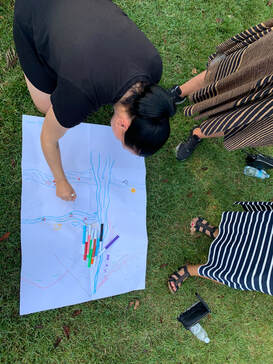
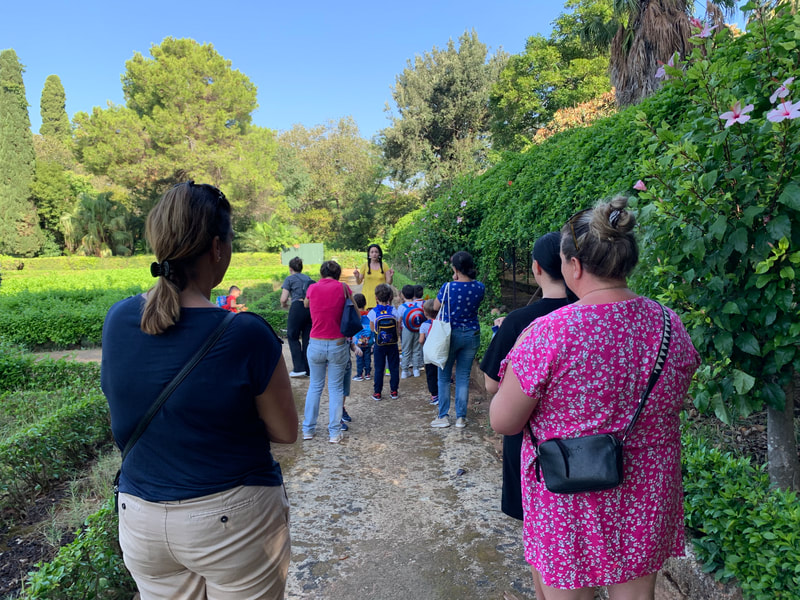
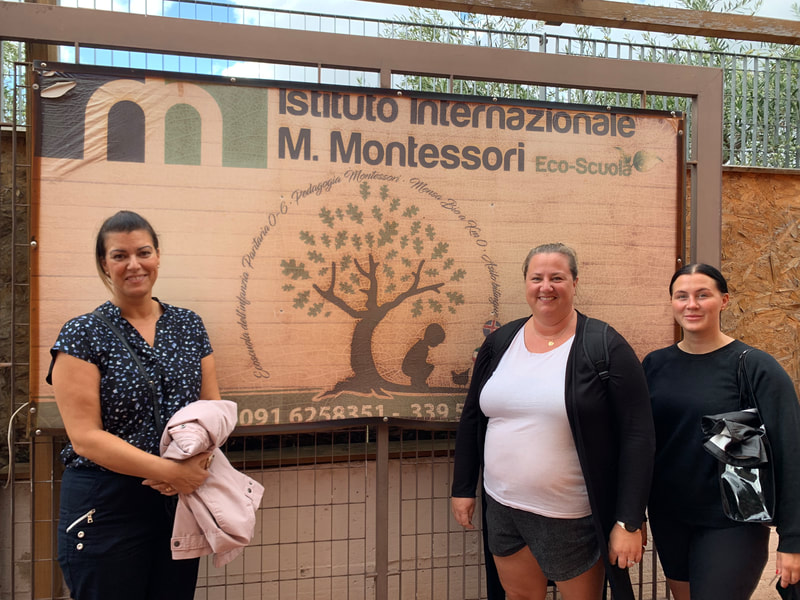
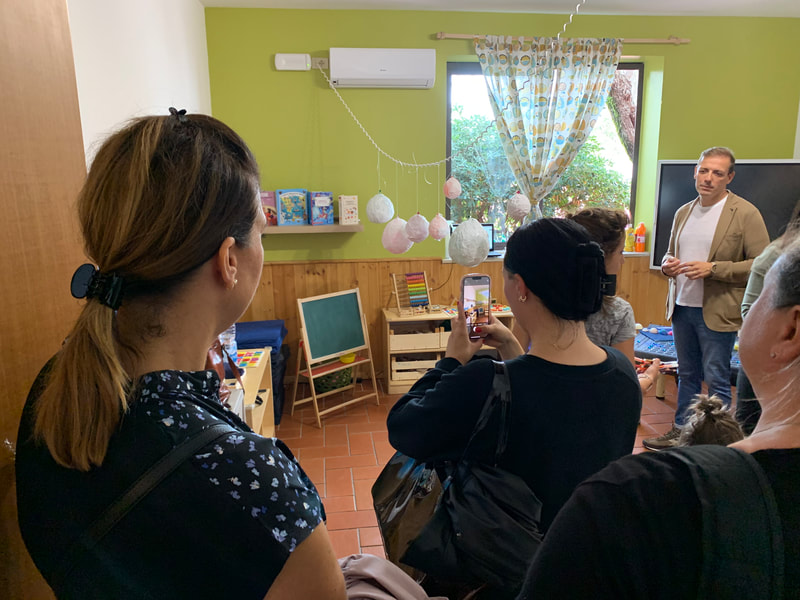
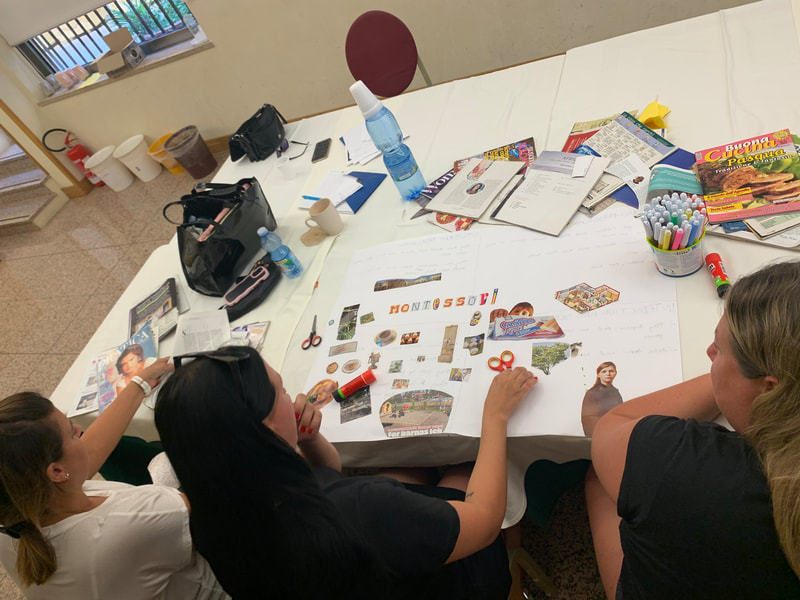
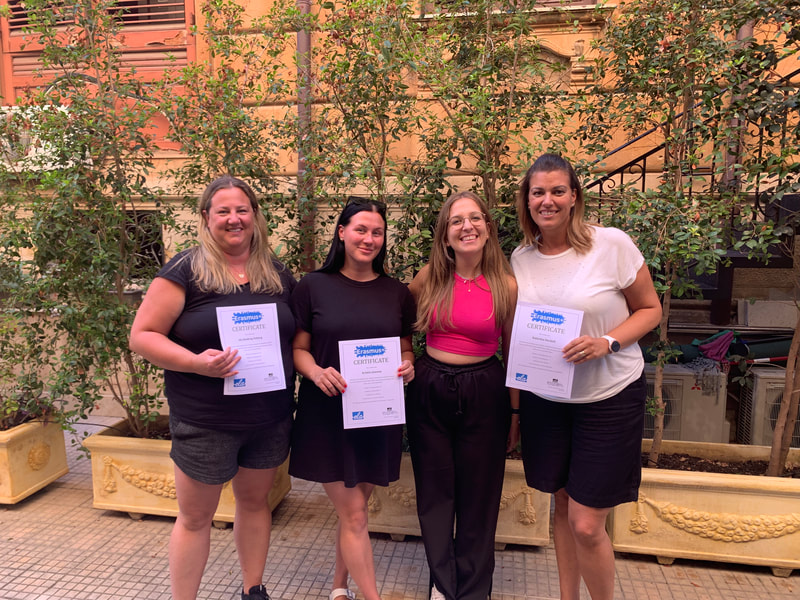
 RSS Feed
RSS Feed









